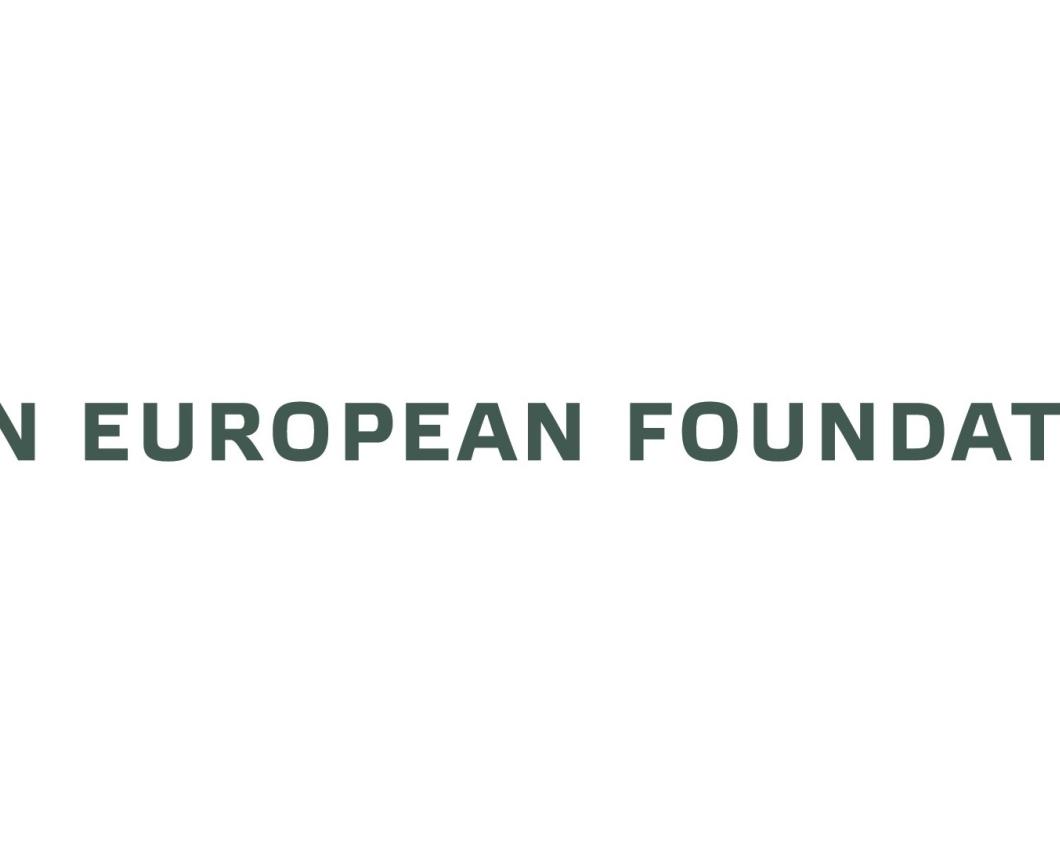This joint interview was conducted shortly after the start of the 2023 Israel-Hamas war, so that was inevitably the first topic of discussion.
When we think of the Middle East, we think of oil. Should the current war between Israel and Hamas be seen through that lens?
[CR] “I am not sure any one factor will sort out the Middle East, which has multiple, quite different conflicts. Israel-Palestine is about colonial legacy, of Britain, and conflict between two populations over the same piece of land. The fact is that one now occupies the land previously occupied by the other. It is connected to some of the oil politics of the broader region but won’t be resolved by reducing the region’s dependence on fossil fuel income, which itself would have an unpredictable and arguably destabilising effect. This is the case elsewhere in the region too. For example, in Yemen where Saudi Arabia is aiding the Yemeni government who are fighting the Houthis who are in turn supported by Iran. While this conflict is not primarily about oil resources, both Iran and Saudi Arabia have considerably greater military strength because they are major oil exporters.
Taking oil out of the equation could arguably have a positive effect, but we can’t tell. The relationships in the Middle East are profoundly unstable. They are often violent. They are to a considerable degree determined by the use of force. They are anything but peaceful. And the regimes in the region are largely despotic and authoritarian, which does not lend itself to peace either. Most of the regimes in the region oppress their populations in significant ways, some more violently than others. So it’s a pretty grim picture.”
[PI] “The Middle East is a significant challenge but actually no different from elsewhere, a microcosm of the global challenge. The traditional response to conflict is to take sides. We must let go of the righteousness that drives so many conflicts. Continuing to engage in Israel, Ukraine, or other conflicts like this, choosing sides and arming them, damages our capacity to cooperate. The status quo is no longer an option. We must find a different way, to carry hope not pessimism and tackle the global challenges we face together. The imperative of degrowth reinforces the need for a real change in how we do geopolitics.”
How might one unwind these tensions diplomatically? Do you see a role for OPEC?
[CR] “I don’t think there is any silver bullet diplomatically, apart from urging outside powers, especially the US and Europeans but also the Russians, to align with more intensive diplomatic efforts. This includes Israel-Palestine, Iran-Saudi Arabia, Turkey and the Kurds and also Syria, which is another intractable conflict. Diplomacy requires enormous patience and persistence, but diplomacy is on the back foot.




